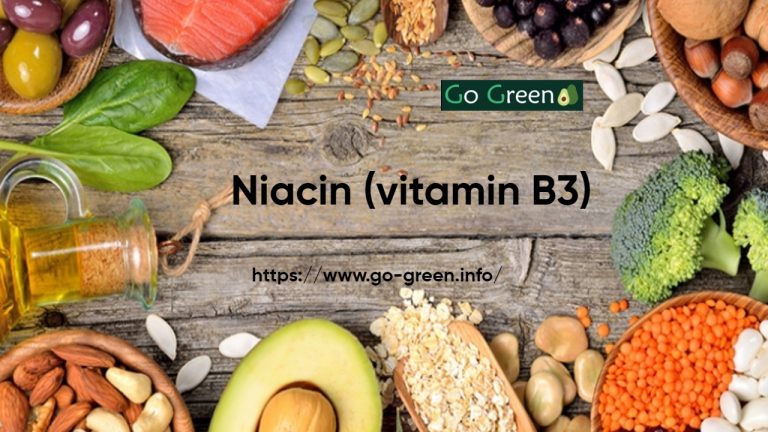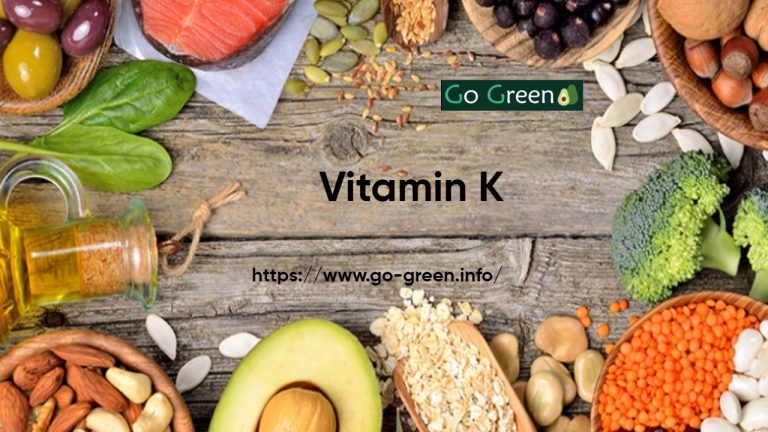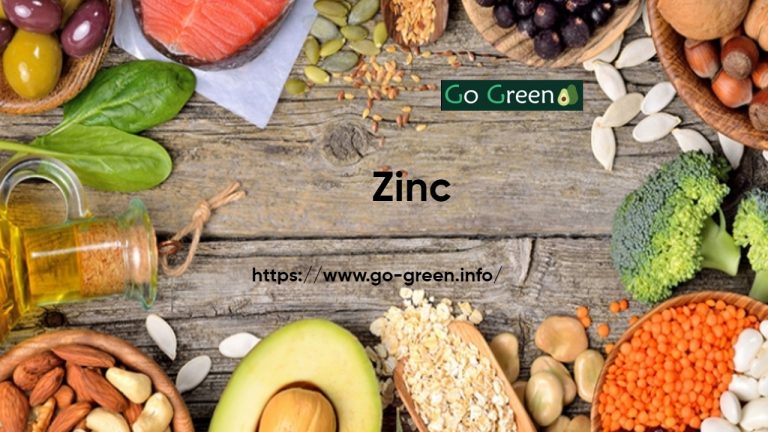Potassium

Potassium is a mineral that helps control the balance of fluids in the body, and also helps the heart muscle work properly.
Good sources of potassium
Potassium is found in most types of food.
Good sources of potassium include:
- bananas
- some vegetables – such as broccoli, parsnips, and brussels sprouts
- beans and pulses
- nuts and seeds
- fish
- beef
- chicken
- turkey
- Dried fruits (raisins, apricots)
- Beans, lentils.
- Potatoes.
- Winter squash (acorn, butternut)
- Spinach, broccoli.
- Beet greens.
- Avocado.
How much potassium do I need?
Adults (19 to 64 years) need 3,500mg of potassium a day. You should be able to get all the potassium you need from your daily diet.
What happens if I take too much potassium?
Taking too much potassium can cause stomach pain, feeling sick, and diarrhea.
Important Tips
You should be able to get all the potassium you need by eating a varied and balanced diet.
If you take potassium supplements, do not take too much as this could be harmful.
Taking 3,700mg or less of potassium supplements a day is unlikely to have obvious harmful effects.
But older people may be more at risk of harm from potassium because their kidneys may be less able to remove potassium from the blood.
Older people should not take potassium supplements unless advised to by a doctor.



